
Recommendation
Sesame Street's Kermit the Frog famously observed, "It's not easy being green." Whether easy or not, environmental and social pressures are pushing more and more companies to ride the "green wave" to ecological sustainability. In this beautifully organized, crisply written book, Daniel C. Esty and Andrew S. Winston, both Yale professors, describe how sustainability can create competitive advantage. They succinctly make the business case for sustainability, and then provide a playbook of green strategies and tactics. The presentation is neither too abstract nor too detailed: It's just right. Nor is their presentation one-sided: They enumerate many ways sustainable products and strategies can go wrong. While some of their suggestions may seem obvious, the authors deserve praise for collecting so many excellent tips and tricks, and for describing them in memorable (mostly) jargon-free prose. This smart book will serve any business leader who wants to move beyond rhetoric to action. While Kermit's wisdom is doubtless correct, this handbook makes being green much easier.
Summary
About the Authors
Daniel C. Esty is Hillhouse Professor of Environmental Law and Policy at Yale University, where Andrew S. Winston is Director of the Corporate Environmental Strategy Project.








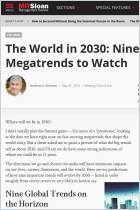
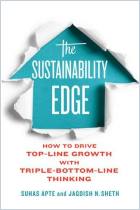
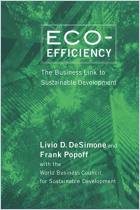
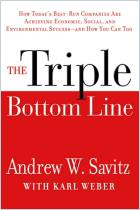
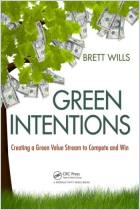
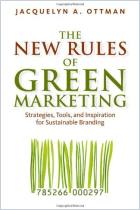
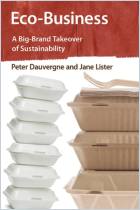








Comment on this summary or Iniciar a Discussão